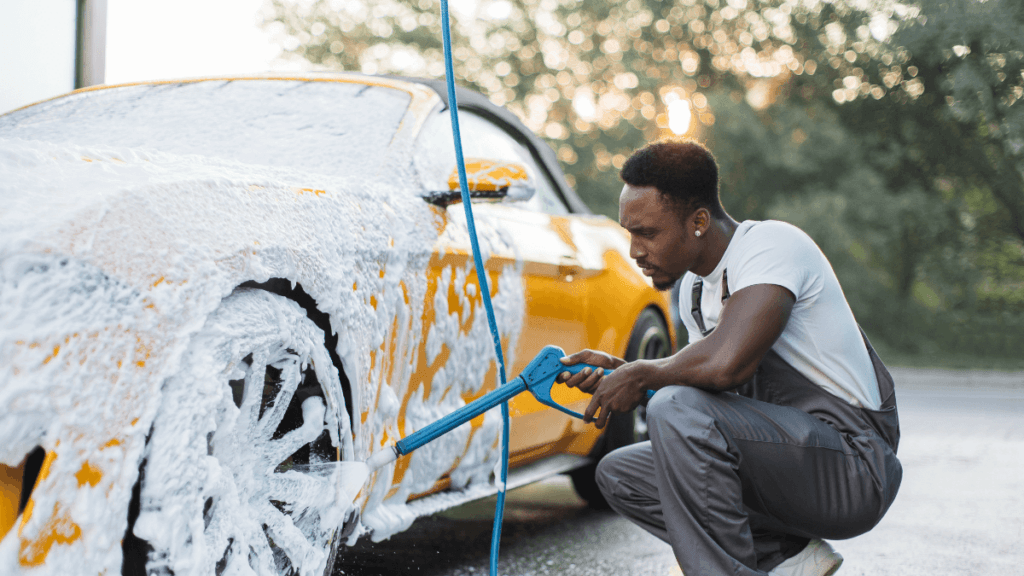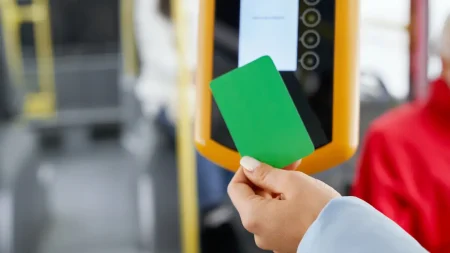Starting a car wash business in a South African township can be a lucrative venture. With the increasing number of car owners and a strong demand for affordable car cleaning services, there’s no shortage of potential customers.
However, to succeed, you need a solid business plan. This article will guide you through the process, covering costs, necessary equipment, and tips for choosing the right location.
Why a Car Wash Business?
The township market presents unique opportunities for entrepreneurs:
- High Car Volume: Many township residents own cars or taxis that need regular cleaning.
- Affordability Demand: Township residents often seek budget-friendly services.
- Low Entry Costs: Compared to other businesses, car washes require a manageable initial investment.
If planned correctly, your car wash can become a community staple, attracting loyal customers and generating consistent income.
Step 1: Defining Your Car Wash Business Model
Before diving into the details, decide on the type of car wash you want to operate. Common models include:
- Hand Car Wash: Low-cost and ideal for personal touch cleaning.
- Automatic Car Wash: High upfront costs but faster service.
- Self-Service Car Wash: Customers clean their own cars using your facilities.
- Mobile Car Wash: You bring the service to the customer, perfect for townships with space constraints.
For most townships, hand car washes and mobile car washes are the most viable options due to their low startup costs and ease of operation.
Step 2: Calculating Startup Costs
Understanding the initial and ongoing expenses will help you budget effectively. Here’s a breakdown:
1. Equipment Costs
You’ll need basic tools and machinery. The essentials include:
- High-Pressure Washer: R3,500 – R8,000
- Vacuum Cleaner: R1,500 – R4,000
- Water Tanks (500L or more): R1,000 – R3,000
- Buckets, Sponges, and Brushes: R500 – R1,000
- Cleaning Chemicals (soap, wax, tire cleaner): R1,000 – R2,000
Estimated total for equipment: R8,000 – R20,000
2. Infrastructure Costs
If you’re setting up a stationary car wash, you’ll need:
- Rent for Location: R1,500 – R5,000/month (depending on the area)
- Shelter/Canopy for Shade: R2,000 – R4,000
- Water Supply Installation: R1,500 – R3,000
- Electricity Setup: R1,000 – R3,000
Estimated total for infrastructure: R6,000 – R15,000
3. Operational Costs
Ongoing costs include:
- Water Bills: R500 – R1,500/month
- Electricity Bills: R500 – R1,000/month
- Cleaning Supplies Refill: R1,000 – R2,000/month
- Employee Wages: R3,000 – R7,000/month (if hiring staff)
Estimated monthly operational cost: R5,000 – R12,000
4. Marketing Costs
Promoting your business is essential for attracting customers. Budget for:
- Signage: R500 – R1,500
- Flyers and Posters: R300 – R500
- Social Media Ads: R500 – R1,000/month
Estimated marketing costs: R1,000 – R3,000
Total Startup Costs
For a small hand car wash: R15,000 – R35,000
See: Unlocking Growth: Township and Rural Entrepreneurship Programme (TREP)
Step 3: Choosing the Right Location
Location plays a critical role in the success of your car wash. In townships, look for areas with:
- High Foot Traffic: Near shopping centers, taxi ranks, or schools.
- Visibility: Ensure your car wash is easily noticeable from busy streets.
- Accessibility: Choose a spot with enough space for cars to park and move around.
Pro Tip: Partner with local spaza shops or petrol stations to share space and attract their customers.
Step 4: Equipment You Need
Here’s a detailed list of equipment and their uses:
| Equipment | Use | Cost Range |
|---|---|---|
| High-Pressure Washer | Removes dirt and grime effectively | R3,500 – R8,000 |
| Vacuum Cleaner | Cleans car interiors | R1,500 – R4,000 |
| Buckets, Sponges, Brushes | For manual washing | R500 – R1,000 |
| Water Tanks | Stores water for continuous use | R1,000 – R3,000 |
| Cleaning Chemicals | Soap, wax, and tire cleaners | R1,000 – R2,000 |
| Towels and Microfibers | For drying cars | R500 – R1,000 |
Step 5: Marketing Your Business
Effective marketing can make or break your car wash. Here are some tips:
- Word of Mouth: Deliver excellent service to encourage referrals.
- Social Media: Create a Facebook page and share before-and-after photos of your work.
- Loyalty Programs: Offer discounts for repeat customers.
- Collaborations: Partner with other local businesses to share customers.
Step 6: Legal and Operational Requirements
Ensure your car wash operates legally:
- Business Registration: Register with the Companies and Intellectual Property Commission (CIPC).
- Water Usage Permits: Check local municipality regulations.
- Tax Compliance: Register for tax with SARS.
Step 7: Creating a Business Plan
A strong business plan will guide your operations and attract investors. Include:
- Business Overview: Describe your car wash model and services.
- Market Analysis: Highlight demand and competition in your area.
- Financial Projections: Detail expected income and expenses.
- Marketing Strategy: Outline your advertising plans.
- Operational Plan: Describe daily activities and staff responsibilities.
Profit Potential
A small hand car wash in a township can clean 10–20 cars daily at R50–R100 per car. This translates to:
- Daily Income: R500 – R2,000
- Monthly Income: R15,000 – R60,000
After deducting expenses, your profit margin could range from 30% to 50%.
Tips for Success
- Focus on Quality: Consistently deliver excellent service to attract repeat customers.
- Stay Affordable: Offer competitive pricing to cater to the township market.
- Expand Services: Include add-ons like waxing, interior cleaning, or tire shining.
- Train Staff: Ensure employees know how to use equipment and interact professionally with customers.
A township car wash business is a promising opportunity with relatively low startup costs and high earning potential. By planning carefully, choosing a strategic location, and delivering excellent service, you can create a thriving business that serves the community while generating steady income.










